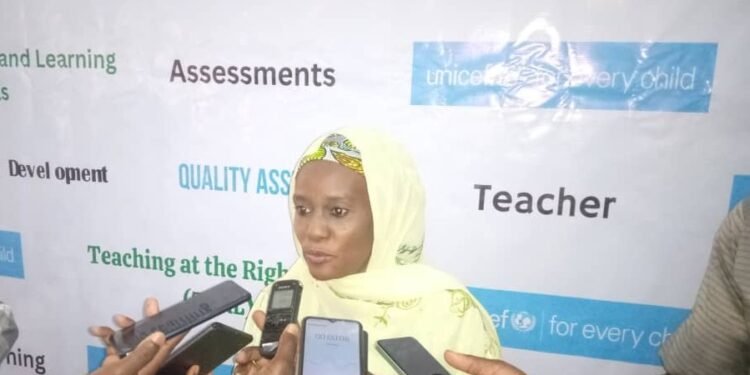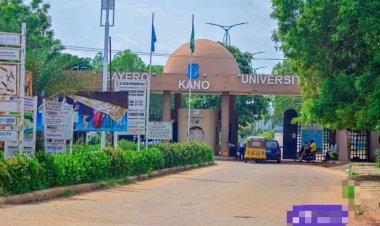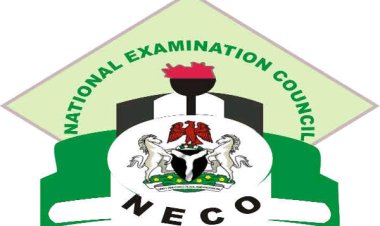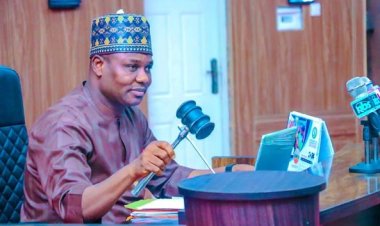Gombe State Government Raises Alarm Over Rising Out-of-School Children Rates
The Gombe State Government has raised alarms about the rising number of out-of-school children, revealing that one in three children in Nigeria are not attending school. Dr. Aishatu Maigari, the State Commissioner for Education, highlighted that even among those who are in school, many lack basic literacy and numeracy skills.

Gombe State Government has expressed grave concern over the escalating number of out-of-school children in the state. According to recent data, approximately one in three children in Nigeria are currently not attending school. This statistic is compounded by the alarming fact that even among those attending school, three out of four students struggle with basic literacy and numeracy skills.
The disclosure was made by Dr. Aishatu Maigari, the State Commissioner for Education in North-East Nigeria, during a one-day stakeholder engagement on Foundational Literacy and Numeracy (FLN). The event was organized by the Gombe State Universal Basic Education Board (SUBEB) in collaboration with the United Nations Children’s Fund (UNICEF).
Dr. Maigari highlighted that a recent Multiple Indicator Cluster Survey (MICS) report reveals only 25 percent of Nigerian children in Primary Four, Five, and Six are capable of reading a text or performing simple arithmetic. The majority of these issues are notably prevalent in Northern Nigeria.
Addressing the crisis, Dr. Maigari emphasized the need for urgent intervention, stating, “We have seen the statistics, and it is clear that we are facing a learning crisis. Children are attending school, but they are not acquiring the necessary skills to read and learn effectively.”
UNICEF has committed to supporting Gombe State in tackling this educational challenge. Abdulrahman Ibrahim Ado, Education Specialist at the UNICEF Bauchi Field Office, stressed the importance of a multi-sectoral approach to achieve significant improvements. He underscored that collaboration and strategic planning are essential for addressing the root causes of this educational shortfall.
In conclusion, the Gombe State Government and UNICEF are working together to ensure that every child receives quality education, regardless of their socioeconomic background. The state is determined to bridge the educational gap and improve literacy and numeracy outcomes for all children.

 Chris Oyeoku Okafor
Chris Oyeoku Okafor 



